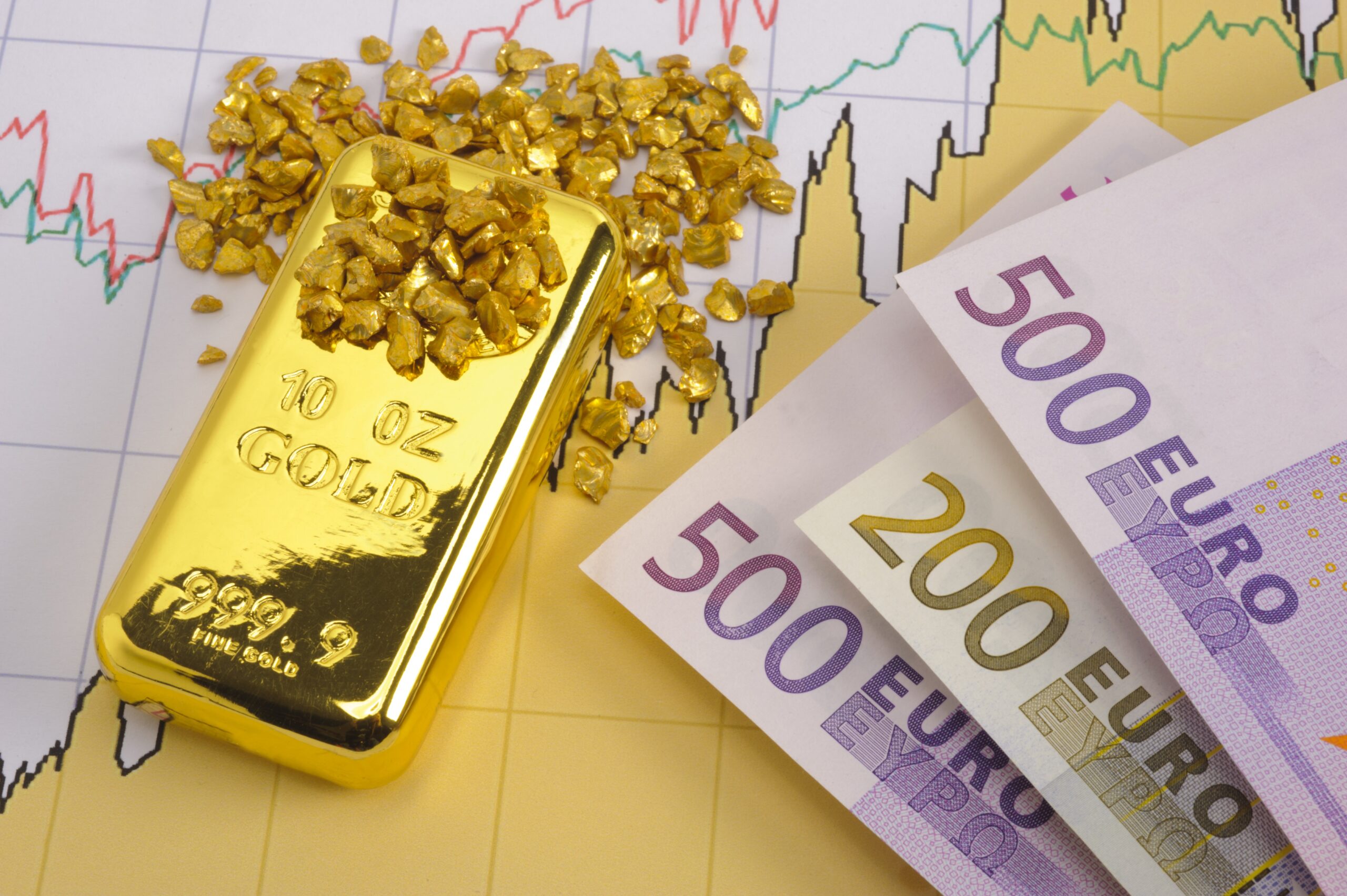Introduction:
Gold has been a symbol of wealth and power for centuries, and its value has made it a cornerstone of global financial markets. One critical component of the gold market is the gold exchange. This article explores what a gold exchange is, its functions, and its significance in the financial world.
What is a Gold Exchange?
A gold exchange is a marketplace where gold is traded. These exchanges facilitate the buying and selling of gold bullion, coins, and other forms of gold. They provide a platform for investors, traders, and institutions to engage in gold transactions, ensuring liquidity and price transparency.
Types of Gold Exchanges
Physical Gold Exchanges
Physical gold exchanges deal in tangible gold products, such as bullion bars and coins. Transactions on these exchanges involve the actual delivery of gold to the buyer. Notable physical gold exchanges include the London Bullion Market (LBMA) and the Shanghai Gold Exchange (SGE).
Paper Gold Exchanges
Paper gold exchanges, on the other hand, involve trading gold contracts or derivatives, such as futures and options. These financial instruments allow investors to speculate on gold prices without owning the physical metal. Examples include the New York Mercantile Exchange (NYMEX) and the Tokyo Commodity Exchange (TOCOM).
How Does a Gold Exchange Operate?
Gold exchanges operate similarly to other commodity exchanges, but they have unique aspects due to the nature of gold. Here’s a breakdown of their operation:
Trading Mechanisms
Gold exchanges use various trading mechanisms, including:
- Spot Trading: Buying and selling gold for immediate delivery.
- Futures Trading: Contracts to buy or sell gold at a future date at a predetermined price.
- Options Trading: Contracts giving the right, but not the obligation, to buy or sell gold at a specific price within a certain period.
Participants
Participants in gold exchanges include:
- Miners and Producers: Sell gold extracted from the earth.
- Refiners: Convert raw gold into tradable forms.
- Investors: Individuals and institutions investing for profit.
- Jewelers: Purchase gold for manufacturing jewelry.
- Central Banks: Buy and sell gold to manage reserves.
Pricing
Gold prices on exchanges are influenced by various factors, such as supply and demand, geopolitical events, and currency fluctuations. Prices are often quoted in terms of weight (grams or ounces) and purity.
The Role of Gold Exchanges in the Global Economy
Gold exchanges play a vital role in the global economy by:
Providing Liquidity
Gold exchanges ensure there is always a market for buying and selling gold, providing liquidity that helps stabilize the gold market.
Price Discovery
Exchanges facilitate price discovery, offering a transparent platform where the forces of supply and demand determine the price of gold.
Hedging and Risk Management
Gold exchanges allow market participants to hedge against price volatility. For example, miners can lock in prices for future production, reducing the risk associated with fluctuating gold prices.
See More On Our Website: gold IRA custodian
Investment Diversification
For investors, gold exchanges offer an opportunity to diversify portfolios. Gold often behaves differently from other assets like stocks and bonds, providing a hedge against inflation and economic uncertainty.
Major Gold Exchanges Around the World
London Bullion Market (LBMA)
The LBMA is one of the largest physical gold markets, known for its global benchmark prices and high trading volumes.
New York Mercantile Exchange (NYMEX)
Part of the CME Group, NYMEX is a leading paper gold exchange, offering futures and options contracts.
Shanghai Gold Exchange (SGE)
SGE is the primary gold exchange in China, the world’s largest gold producer and consumer, playing a crucial role in the global gold market.
Tokyo Commodity Exchange (TOCOM)
TOCOM is another significant player, offering futures contracts that attract both domestic and international traders.
Conclusion
Gold exchanges are essential components of the global financial system, providing platforms for trading one of the world’s most valuable commodities. By ensuring liquidity, facilitating price discovery, and offering risk management tools, gold exchanges contribute significantly to the stability and efficiency of the gold market. Whether through physical or paper gold, these exchanges connect a diverse range of participants, from miners to investors, underlining gold’s enduring allure and economic importance.
See More Articles On Website: See More
